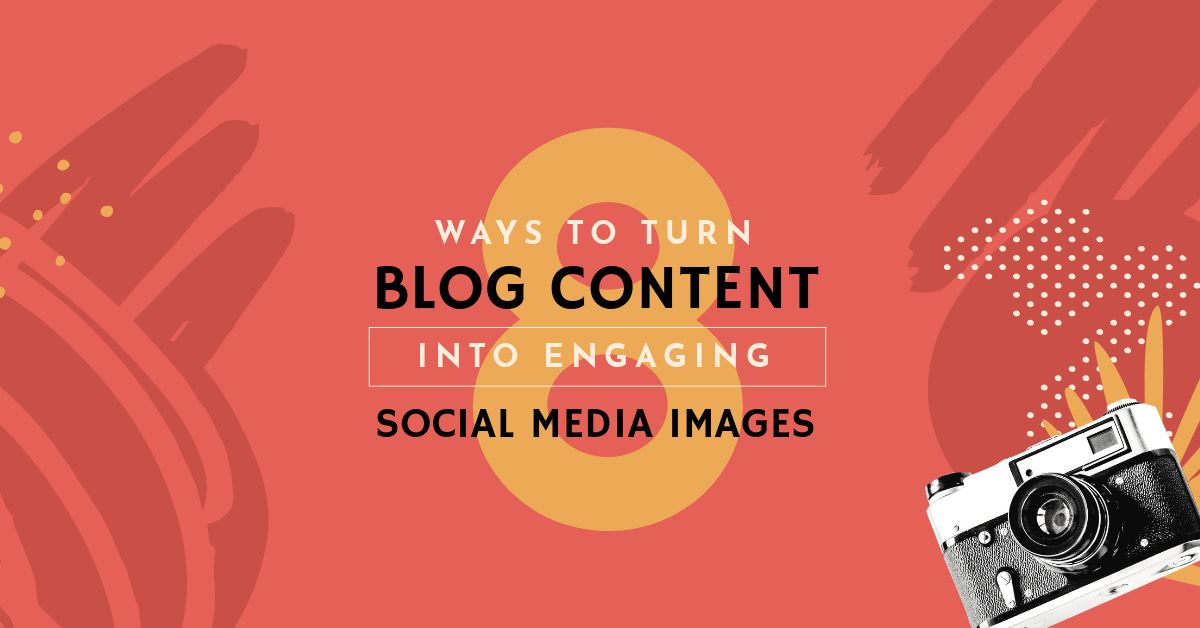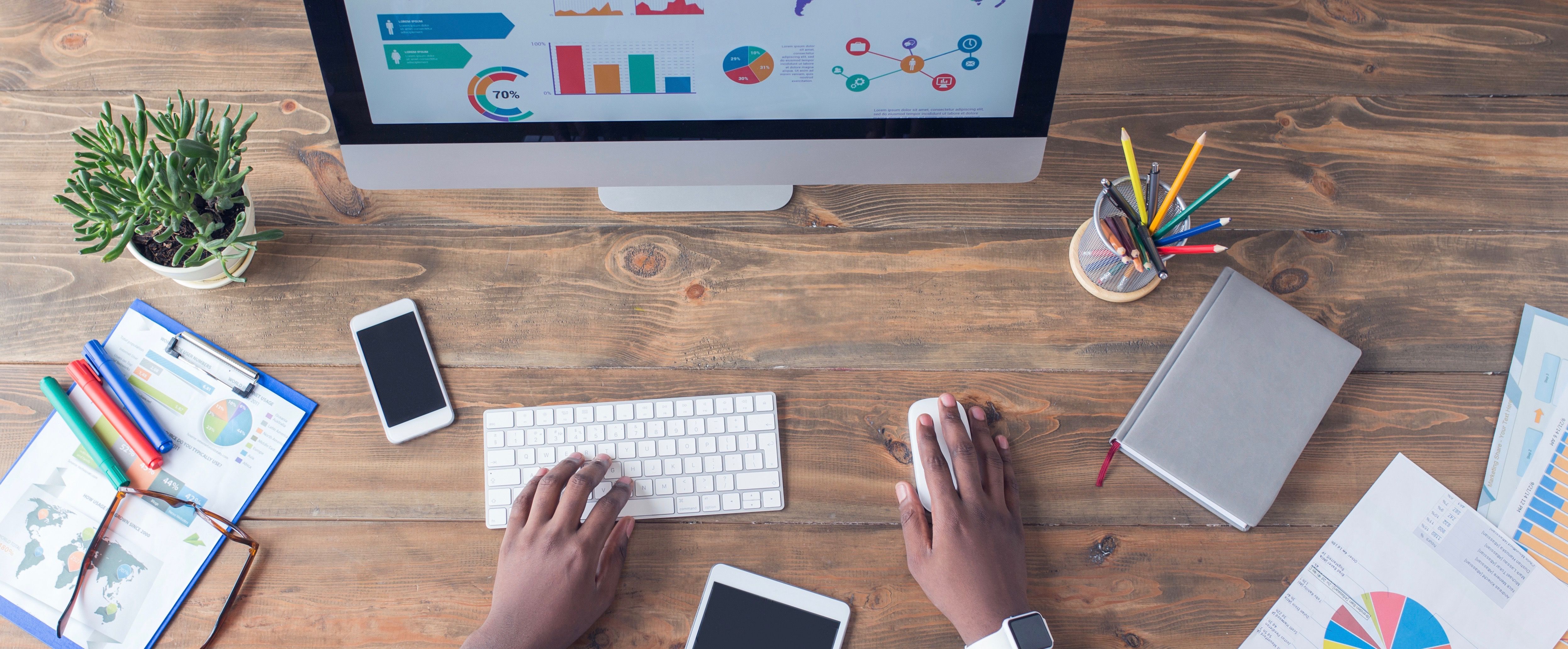
There’s little doubt that social media is not great for mental health—studies have reported for several years now that more time spent on social media is linked to mental health issues, from low self-esteem and loneliness to depression and even suicidality. A new study from University College London and Imperial College London makes a new argument as to why the connection may exist: it may not be what social media is about per se, but what it takes a person away from.
The researchers tracked about 10,000 teens in Britain for two years: The participants were 13-14 years old when the study began in 2013, and 15-16 when it ended in 2015. In the first survey, the team asked the participants only how many times/day they logged into social media apps including Facebook, Instagram, Twitter, Snapchat and WhatsApp. In the study’s second year, they asked about their experiences with cyberbullying, sleep, and physical activity. In the third year, the participants were asked about their well-being, life satisfaction, and anxiety levels. The researchers were interested in whether variables like cyberbullying and sleep loss might explain a connection between social media use and psychological distress.
The teens’ social media use rose fairly steadily over the years, with 43% of boys and 51% of girls using social media multiple times a day in the first year, compared to 69% of boys and 75% of girls using it in the third year of the study.
Teens who used social media a lot (three times/day or more) were more likely to report psychological distress than those who used it once a day. This was especially true for girls, who reported psychological distress almost twice as much as boys.
But once the researchers adjusted for cyberbullying, sleep, and physical activity, the connection disappeared. The team says that cyberbullying showed the greatest effect, while lack of sleep came in second. Together, these two variables were responsible for about 60% of the connection between social media and psychological distress.
Additionally, for girls only, a connection was also observed for wellbeing, where social media use was inversely related to wellbeing—but again, when cyberbullying and sleep were taken into account, the connection all but disappeared.
The results led the authors to suggest that most of the impact that social media has on mental health is due to what its presence takes us away from: for instance, it takes us away from sleep and exercise, which are each essential for mental health.
“Our results suggest that social media itself doesn’t cause harm, but that frequent use may disrupt activities that have a positive impact on mental health such as sleeping and exercising, while increasing exposure of young people to harmful content, particularly the negative experience of cyber-bullying,” said study author Russell Viner in a statement.
It also takes people away from face-to-face contact, which is a large part of mental health and wellbeing. But the study didn’t address that.
And there are almost certainly other variables at play—previous studies have repeatedly found that the very essence of social media is indeed what’s damaging: Observing others’ lives and making comparisons between ourselves and them is fundamentally distressing. Social media may well take people—especially teens—away from other, more beneficial activities like exercise and sleep (and socializing), but it’s also the nature of social media that can be harmful. In reality, there are probably multiple elements and interactions all happening in concert.
It’s worth mentioning that a limitation of the study is that it didn’t capture how much time the teens actually spent on social media every day, just how many times per day they accessed them. Making this differentiation would be important, and might change the results in telling ways.
While more work is undoubtedly under way, it’s probably safe to say that there are lots of things that are better for us than being on social media. Getting back to those activities—and using social media smartly when we are on it—is probably wise.
[“source=forbes”]






